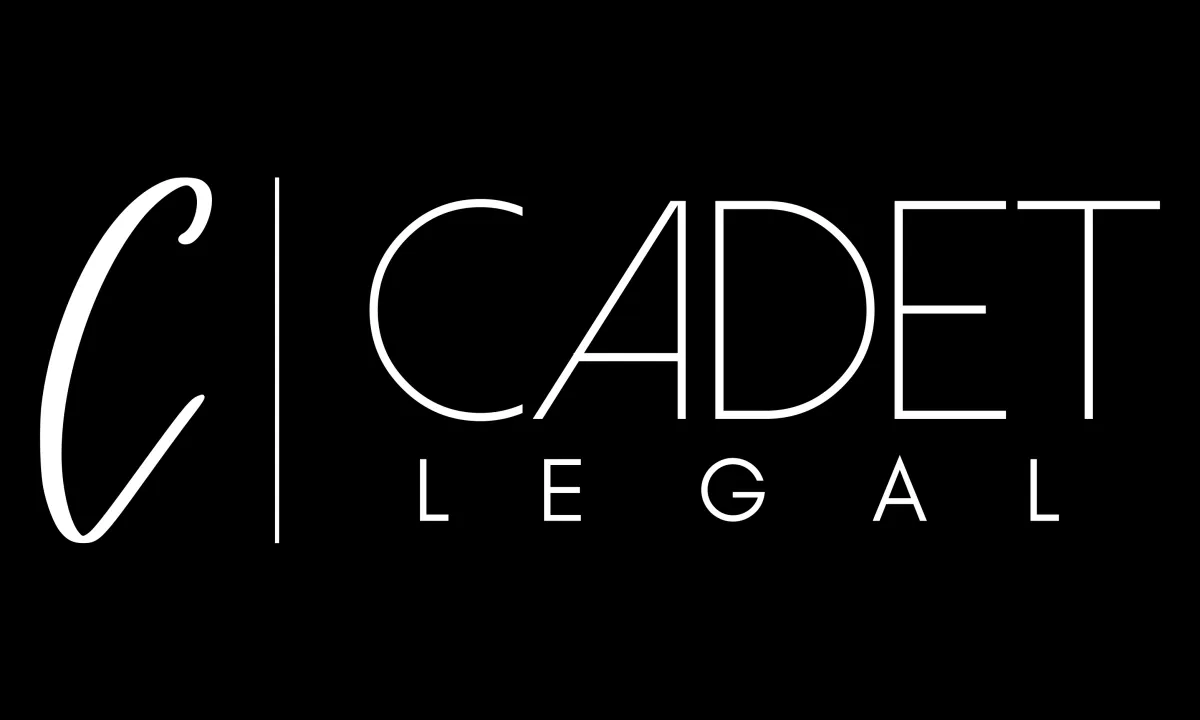
Delaware Court Goes “Metal” with Specific Performance in M&A
What happens when a party to an agreement to acquire a business (“Purchase Agreement”) refuses to follow through with its obligations in that Purchase Agreement (i.e., that party “breaches” the agreement)? Monetary damages may suffice in many cases, but what if money alone cannot make you whole? In that scenario, you may want to seek “Specific Performance,” an equitable remedy under Delaware contract law where a court orders a party to fulfill its contractual obligations as agreed, rather than simply awarding monetary damages for a breach. If you (or your corporate attorney) followed the common practice of selecting Delaware for the governing law in your Purchase Agreement, the Delaware Chancery Court’s recent decision in Desktop Metal v. Nano Dimension[1] may provide insight on whether you can enforce your Purchase Agreement via Specific Performance.
The Legal Standard
The three factors a Delaware court weighs in determining whether to enforce Specific Performance under Delaware law:
A valid enforceable agreement exists between the parties;
The party seeking Specific Performance was ready, willing and able to perform under the terms of the agreement;
A balancing of the equities favors an order of Specific Performance.[2]
The third factor, balancing the equities, often raises the greatest issues.
Carteret Bancorp Inc. v. Home Group Inc. showed that the court is reluctant to order Specific Performance at a stage in the transaction that would require "detailed administration of the agreement," or "requires constant supervision by the court" unless a compelling public policy reason exists.[3]
In contrast, the chancery court's decision in Snow Phipps Group LLC v. KCake Acquisition Inc. and others suggested that the court is more willing to enforce Specific Performance where the remaining steps were limited and concrete.
Courts will also look at jurisdiction of the party against whom enforcement is sought, the conduct of the plaintiff, the existence of irreparable harm, international comity, and the language of the contractual provisions.
In drafting "best efforts" types of covenants, adding specific milestones increases the likelihood that a Delaware court will enforce Specific Performance, although the court weighs other factors. The later in the execution of the transaction, the higher likelihood of enforcement as Delaware courts try to avoid engaging in detailed administration or supervision of agreements.[4]
Getting Metal with Specific Performance
Returning to disputed merger transaction in Desktop Metal, specifically, the court found clear evidence of the first two prongs of the Specific Performance test. First, a valid enforceable agreement existed between the parties and included provisions - “hell or high water” and “reasonable best efforts” – that expressly made Specific Performance available as a remedy. Second, the court noted that plaintiff Desktop Metal, the party seeking Specific Performance was ready, willing and able to perform under the terms of the agreement.
Much of the decision in Desktop Metal hinged on the court’s analysis of the third prong – the balance of equities. The best efforts provisions in the Desktop Metal agreement contained milestones that were discrete and concrete enough to allow the court to avoid engaging in contract administration.
As a result, in balancing the equities, the court found that defendant Nano’s use of internal changes in leadership (i.e., that the newly re-constituted board wanted to go in a different direction) and regulatory hurdles (CFIUS filings) to avoid consummating the merger. The court ordered defendant Nano to specifically perform and close the merger.
Conclusion
Desktop Metal gives us another data point on how to structure and strategize around Specific Performance in Delaware. Where a valid agreement exists, and one party proves ready and willing to perform its obligations, only the question of balancing the equities parties remains. Where, for reasons such as post-signing changes in internal strategy and leadership, a buyer fails to take steps to fulfill its clear, actionable obligations (such as regulatory filings) under the Purchase Agreement, Desktop Metal tells us the court likely will enforce “hell or high water” and “reasonable best efforts” covenants and require Specific Performance.
To achieve your desired results in an M&A transaction, you should work with experienced counsel that understands how to draft your Purchase Agreement to optimize its potential enforceability post-closing. Schedule some time with Cadet Legal so we can explore how we can help you realize the benefits of your deal.
_________________________________________
Disclaimer. The contents of this article should not be construed as legal advice or a legal opinion on any specific facts or circumstances. Your viewing and/or use of the contents of this article do not create an attorney-client relationship with Cadet Legal. The contents are intended for general informational purposes only, and you are urged to consult with counsel concerning your situation and specific legal questions you may have.
[1] Desktop Metal, Inc. v. Nano Dimension Ltd., C.A. No. 2024-1303-KSJM (Del. Ch. Mar. 24, 2025)
[2] Szambelak v. Tsipouras, 2007 WL 4179315, *4 (Del. Ch. Nov. 19, 2007)
[3] Carteret Bancorp Inc. v. Home Group Inc., 1988 WL 3010 (Del. Ch. Jan. 13, 1988)
[4] See, e.g., N. Del. Indus. Dev. Corp. v. E. W. Bliss Co., 245 A.2d 431, 432-33 (Del. Ch. Jul. 9, 1968)


